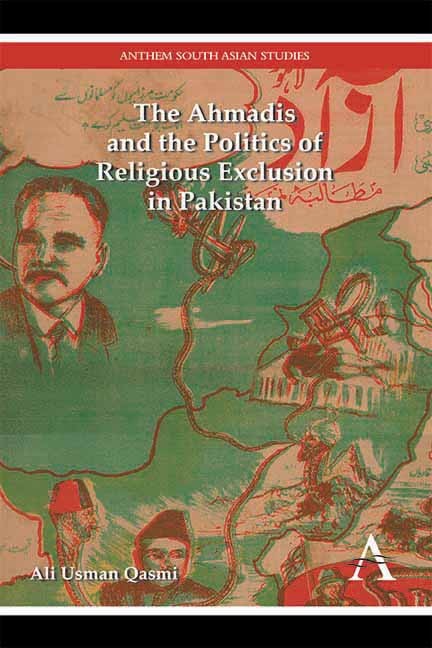Debates on the Ahmadis after 1974: A Postscript
Published online by Cambridge University Press: 05 September 2014
Summary
Asad Ahmed, in his critique of the Second Amendment of the Constitution of Pakistan, argues that since its wording specified it as limited to the purposes of law and constitution only, there emerged a gap between the legal and the ontic identities of the Ahmadis. While legally they had been declared non-Muslims, in their everyday life and practices the Ahmadis continued to be Muslims. The real damage to the Ahmadis was the ordinance passed by General Zia-ul-Haq in 1984 which disallowed the Ahmadis to pose themselves as Muslims. A section of this law said:
Any person of the Qadiani group or the Lahori group (who call themselves “Ahmadis” or by any other name) who by words, either spoken or written, or by visible representations, refers to the mode or form of call to prayers followed by his faith as “Azan,” or recites Azan as used by the Muslims, shall be punished with imprisonment of either description for a term which may extend to three years and shall also be liable to fine.
Any person of the Qadiani group or the Lahori group (who call themselves “Ahmadis” or by any other name), who directly or indirectly, poses himself as Muslim, or calls, or refers to, his faith as Islam, or preaches or propagates his faith, or invites others to accept his faith, by words, either spoken or written or by visible representations or in any manner whatsoever outrages the religious feelings of Muslims, shall be punished with imprisonment of either description for a term which may extend to three years and shall also be liable to fine.
- Type
- Chapter
- Information
- The Ahmadis and the Politics of Religious Exclusion in Pakistan , pp. 221 - 226Publisher: Anthem PressPrint publication year: 2014



